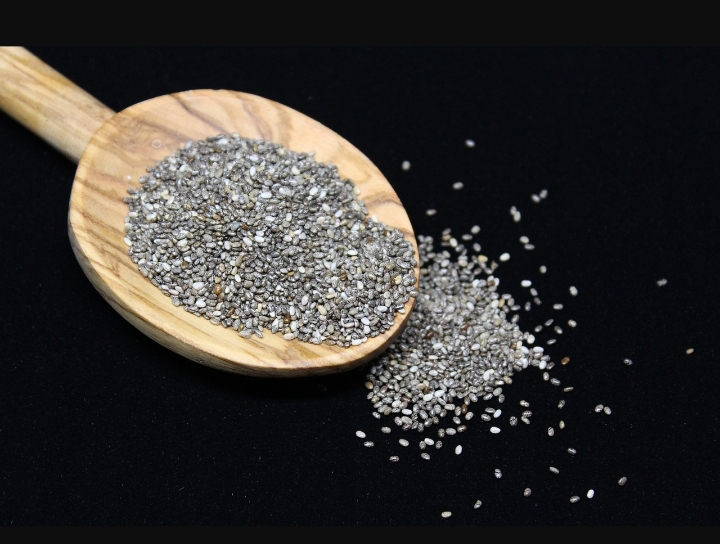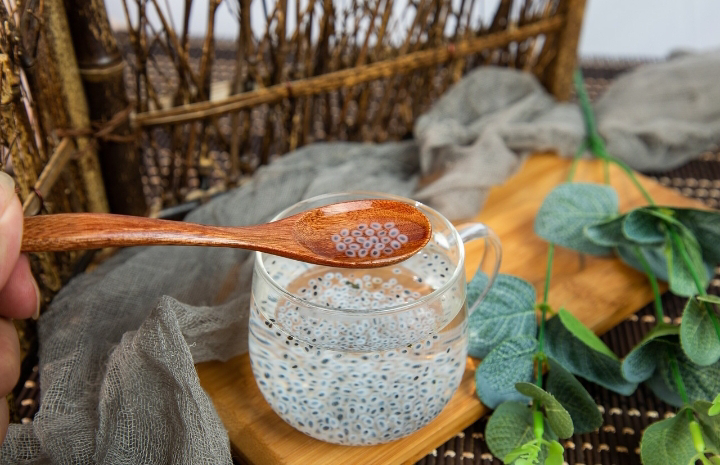The Joy and Benefits of Walking: One Step for a Better Life
In a world obsessed with materialistic things, flaunting riches and brands, flashy cars, and speed, there's something quietly rebellious about choosing to walk. Not the daily rush, or the long drive, or constant scrolling, just a normal walk, which is simple and unhurried, can change your lifestyle. There are few things as simple and underrated as walking. No gym membership, no fancy gear, no rigid schedules, just you, your body, and the open path ahead. Yet this humble activity has a quiet power that can transform your day, mindset, and life.
As someone who blogs about health, lifestyle, and wellness, I’ve come to appreciate walking as an exercise and a daily ritual that reconnects me to myself and the world around me. Many like me have realized that some of their clearest thoughts, best ideas, and most grounding moments don’t happen at the desk; instead, they happen while walking. Starting your day with a walk can make you feel like a reset button, whether your daily walk is a quick loop around the park or a long, meandering stroll through nature.
So, whether you're a nature lover, a city stroller, or someone looking for a gentle way to boost your health, let us find out why walking is incredibly good for you.
1. Boost for Health
It improves cardiovascular health, boosts circulation, strengthens muscles, and helps maintain a healthy weight. It is good for your joints, making it ideal for people of all fitness levels, especially those who may find high-impact workouts challenging.
The best part is that it feels more like natural movement that gently nourishes your body than exercise, complete with no sweat-soaked clothes and exhausting repetitions. It is a kind of wellness routine that slowly becomes an important part of your life.
2. Mental Clarity on the Move
Have you ever felt stuck on a problem, then suddenly had a breakthrough idea while walking? That’s no coincidence. There’s something almost meditative about the rhythm of walking. It grounds and trains your body, pulls you out of your sleepy head, and invites your mind to wander in the best possible way to generate fresh thoughts. Walking puts no pressure to perform, but just the natural pace of your footsteps and whatever thoughts come along for the ride.
Walking boosts blood flow to the brain, clears mental fog, and stimulates creativity. Many authors and bloggers would agree that some of the best blog ideas come during casual walks around the block. There’s something about moving your body that helps shift your thinking, too.
It’s also a natural stress reliever. The rhythmic pace, the fresh air, the changing scenery—it all combines to calm the nervous system. Walking is, quite literally, a moving meditation.
3. A Daily Digital Detox
In a world constantly buzzing with notifications and screens, walking is one of the few times we can unplug and indulge in something beneficial for health. Walking invites you to disconnect from all your tasks and distractions that you have due to your digital devices and reconnect with yourself as well as your surroundings. With the little details that make life feel rich again—a birdsong, the smell of fresh rain, the warmth of the sun on your skin.
Even walking in silence, without distractions, can feel like a radical act of self-care in a noisy world. You can leave the phone behind or tuck it away in your pocket. Tune into the sounds of nature or the background hum of your city, notice the colours of the sky, the architecture of old buildings, and the unexpected beauty in everyday things. Walking helps us see again. Even a 20-minute stroll can feel like hitting the reset button on your brain.
4. Reconnect With Yourself (or Someone Else)
One of the hidden joys of walking is how it nurtures connection. When you walk alone, it’s a chance to reflect, dream, or simply breathe without distraction. It’s where self-awareness grows and inner dialogue becomes a little clearer. For many, it’s a quiet form of therapy.
And when you walk with someone else? Magic happens; conversations flow more easily when side-by-side rather than face-to-face. There’s no pressure, just a natural rhythm. Some of the deepest chats we often had with friends or family have happened during a walk.
5. It Fits Into Any Lifestyle
You don’t have to block off hours in your day or follow a strict regimen. Walking fits around your life—walk to the store, to work, around your neighbourhood, or while taking a phone call. It will appear more flexible, forgiving, and free of all hassles. You don’t need to be sporty or fit. You just need to start. Even 10 minutes a day adds up, and before you know it, walking becomes part of who you are.
6. It’s a Celebration of the Present Moment
This might sound poetic, but it’s true: walking brings you back to now. You notice things. You breathe deeper. You become more grounded. You enter into reflective mode, finding and counting your blessings in life.
There’s a quiet joy in simply being where you are, step after step, and in a fast-paced, hyper-connected world, that is something truly precious. Walking is more than a way to get from Point A to Point B. It’s a lifestyle, a sanctuary, a small daily habit with life-changing potential.
So, the next time you feel overwhelmed, stuck, or disconnected, take a walk. No expectations, no destination needed. Let your feet lead the way and see where they take your body, mind, and spirit. You’ll be surprised at how much better life feels, one step at a time.


























